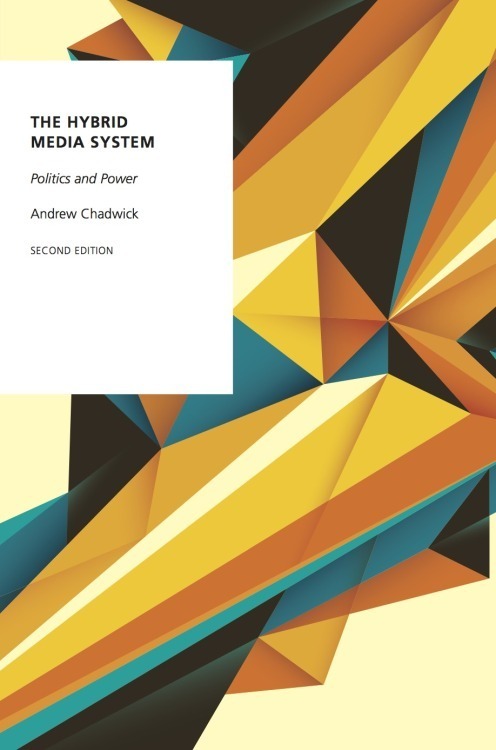New Journal Article: The Amplification of Exaggerated and False News on Social Media: The Roles of Platform Use, Motivations, Affect, and Ideology
/UPDATE August 30, 2022: this study has now published. It was accepted in February 2021 but due to the pandemic impacting one of the special issue’s editors, publication of the special issue was delayed by 18 months.
You can now download the open-access, free-of-charge, published article here.
+++++++
I have a new study, co-authored with O3C comrades Cristian Vaccari and Johannes Kaiser: “The Amplification of Exaggerated and False News on Social Media: The Roles of Platform Use, Motivations, Affect, and Ideology.”
It was accepted for publication in American Behavioral Scientist earlier this year, as part of a forthcoming special issue edited by Homero Gil de Zúñiga (Penn State) and Jeong-Nam Kim (U Oklahoma). We’ve just heard that the entire special issue will publish in one volume later this year, with no Online First publication, so we’re sharing the accepted, pre-copyedited manuscript now.
With this study we tried to do something a bit different. We wanted to focus on the thorny issue of how to identify the factors that explain why people deliberately amplify false and misleading information on social media. We thought about how we could do this as precisely as possible using a survey, while also trying to minimize how social desirability bias might affect respondents.
We found that about a tenth of UK social media users regularly engages in the amplification of exaggerated or false news on social media. Amplification is associated with four distinctive individual-level factors: (1) increased use of Instagram, but not other public social media platforms, for political news; (2) what we term identity-performative sharing motivations; (3) negative affective orientation toward social media as a space for political news; and (4) right wing ideology. We discuss the implications of these findings and the need for further research on how platform affordances and norms, emotions, and ideology matter for the diffusion of dis-/misinformation.
The finding that Instagram use correlates with amplification surprised us. It points to the need for scholars to move beyond the obsession with Facebook and Twitter and to think about the role of other platforms’ norms and affordances in shaping online deception.
Ours is also the first study to examine negative emotions towards social media as a space for news, rather than reactions to social media posts with negative affect or negative affect toward out-groups. Building on and extending some of our earlier work, we reasoned that people who are generally emotionally negative or hostile toward social media as a space might be more inclined to deliberately amplify false information as a means of expressing that hostility. This is indeed the case in the UK context.
We also use the article to ponder how future research might more deeply explore the other two factors—right-wing ideology and identity-performative motivations. You can read more about our thoughts on those in the article.





